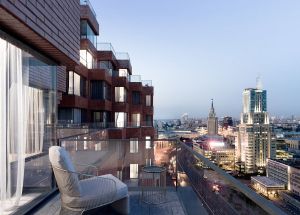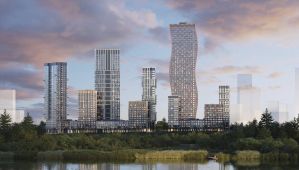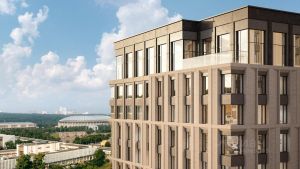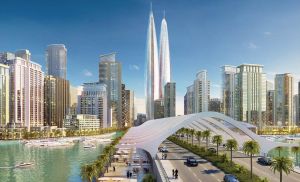Payments to Officials Send Prices Soaring
Real estate developers have blamed the huge disparity between construction costs and sale prices for Moscow apartments on a range of «administrative expenses» — a combination of official fees and gray payments — to city officials and government structures.
Real estate developers have blamed the huge disparity between construction costs and sale prices for Moscow apartments on a range of “administrative expenses” — a combination of official fees and gray payments — to city officials and government structures.
The average sale price for residential housing in Moscow is currently 161,784 rubles ($6,900) per square meter, while the average building cost is just 34,692 rubles ($1,480), according to a survey by the Federal Construction and Housing Maintenance Agency, published on its web site.
Since 2005, sale prices for a square meter of residential housing have climbed 140 percent while construction cost went up only by 64 percent, the report said.
Developers generally concurred with the survey’s findings, but many said the huge disparity was the result of a combination of official fees and unofficial payments, a euphemism for bribes, to officials and government structures.
The expenses include money paid in order to receive approval for a project, as well as the cost of leasing land and connecting buildings to electricity and other amenities, and can push up costs by 100 percent, according to Dzhanetta Zhasititiye, a real estate consultant with Kalinka-Realty.
“The city’s share in most construction projects could be as much as 50 percent,” Zhasititiye said. “Infrastructure, such as communication and ecological expenses, also require heavy capital expenses.”
Electricity connection can cost 9,500 to 12,000 rubles ($405 to $510) per square meter, plus a similar amount in related administrative fees, said Mikhail Mikhailov, deputy director of real estate firm More-Plaza, Kommersant reported Thursday.
Alexei Yazykov, a real estate analyst at Renaissance Capital, said the main reason for the disparity was a lack of utilities infrastructure for new housing projects. “Ideally, if federal or local government wants keep a normal ratio between cost and prices, it must develop municipal housing and utilities infrastructure,” Yazykov said. “Developers usually cannot afford to add such huge expenses to the cost of construction.”
The cost of electricity connection has risen sevenfold, from 15,000 rubles per kilowatt in 2005 to 102,000 rubles now, said Alexei Kozhevnikov, vice president of the business lobby Opora.
One developer, who spoke on condition of anonymity, puts the administrative costs at 50,000 rubles ($2,130) per square meter. The extra costs mean that developers have to sell apartments for a minimum of 113,000 rubles ($4,800) per square meter. “Otherwise, I cannot pay my loans — the interest rate has gone up from 14 percent to 18 percent since the beginning of the year,” he said.
In a market where demand far outstrips supply, it is pointless to blame greedy real estate developers, Yazykov said, adding that on the supply side, there is a real struggle to keep up.
“At present, the Moscow real estate market is not accessible to small-time developers, indicating that supply will remain low,” Yazykov said. “There are also planning restrictions across the city that make it very difficult to obtain suitable sites for development.”
Последние новости
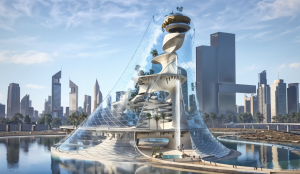
Therme Dubai: уникальный велнес-курорт в Дубае
Therme Dubai: уникальный велнес-курорт в Дубае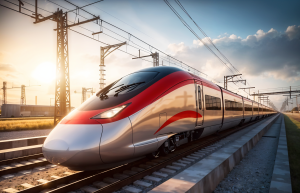
От Дубая до Абу-Даби за 30 минут
От Дубая до Абу-Даби за 30 минут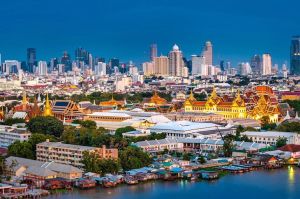
Инвестируйте в Бангкок!
Инвестируйте в Бангкок!
Элитная недвижимость Черногории: роскошь, которая вдохновляет
Элитная недвижимость Черногории: роскошь, которая вдохновляет
Будь в курсе самых свежих новостей
Обещаем присылать только интересные и важные статьи.
